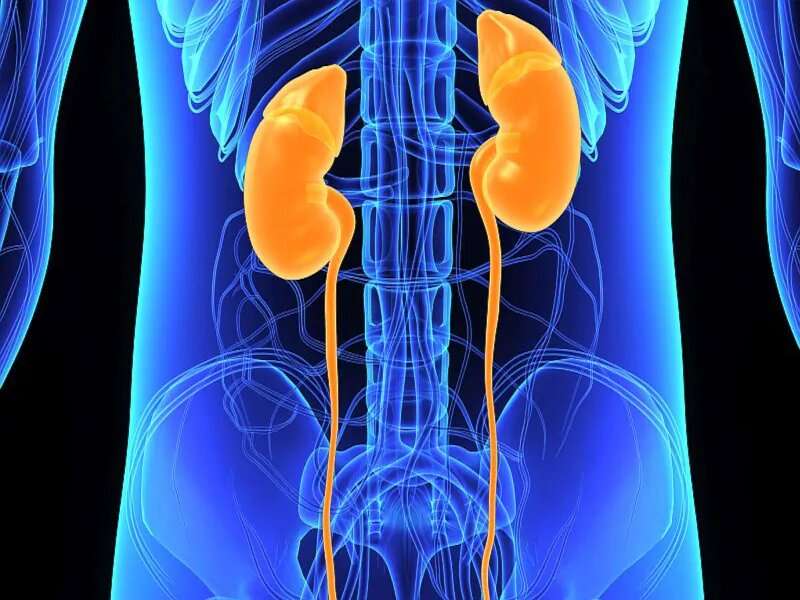Housing insecurity may increase risk for incident kidney disease

(HealthDay)—Housing insecurity is tied to an increased risk for developing albuminuria, according to a study published March 31 in Kidney360.
Tessa K. Novick, M.D., from University of Texas at Austin, and colleagues used longitudinal data from the Healthy Aging in Neighborhoods of Diversity Across the Life Span study to examine the relationship between housing insecurity and risk for kidney disease among 1,262 participants (mean age, 52 years; 40 percent male; 57 percent black) in Baltimore.
The researchers found that 32 percent of participants reported housing insecurity. During a median 3.5 years of follow-up, 16 percent of participants experienced rapid kidney function decline, 5 percent incident reduced kidney function, and 7 percent incident albuminuria. Housing insecurity was associated with increased odds of incident albuminuria (unadjusted odds ratio, 2.04; adjusted odds ratio, 3.23), but there was no association seen between rapid kidney function decline or incident reduced kidney function.
"Increased recognition of housing insecurity as a social determinant of kidney disease is needed, and risk reduction efforts that specifically target populations experiencing housing insecurity should be considered," the authors write.
More information: Abstract/Full Text (subscription or payment may be required)
Copyright © 2020 HealthDay. All rights reserved.



















